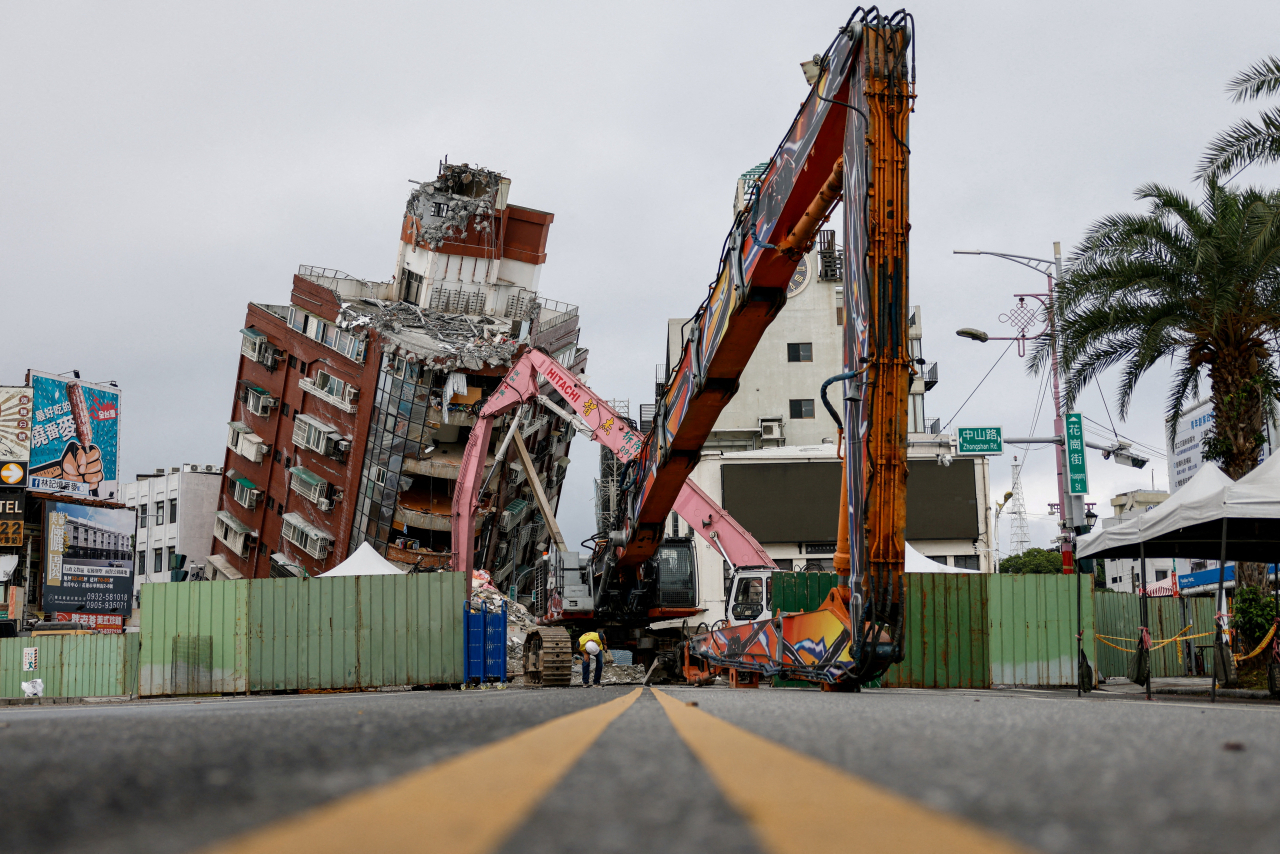
The powerful earthquake that hit semiconductor powerhouse Taiwan last week may push up memory chip prices temporarily, as chipmakers there face operational disruptions, according to market watchers on Sunday.
The earthquake, which struck off the east coast of island with a magnitude of 7.4 on Wednesday, put the tech industry on edge, as Taiwan is home to 18 percent of global chip manufacturing capacity and approximately 92 percent of the world's advanced semiconductors are produced there.
Memory chip makers such as US-based Micron Technology and Nanya, operating key memory chip manufacturing plants in Taiwan and holding about 21 percent of market share combined, came under the influence of the quake, raising concerns on supply of their chip products.
Following the earthquake, the two companies shut down their plants temporarily as precautionary measures. Micron said it is evaluating the impacts of the quake on its manufacturing plants in Linkou and Taichung, while Nanya also said its DRAM fabrication plant in New Taipei was affected.
“Due to the impact of the earthquake, memory chip suppliers are likely to gain negotiating power in DRAM price,” KB Securities said in a report Friday, hinting that the suspension in operation may have ripple effects on chip supply.
Market tracker TrendForce predicted DRAM prices would go up for a short period of time due to the disruption in operation.
"While there may be a slight short-term increase in DRAM spot prices, the continuation of this trend is uncertain due to persistent weak demand," TrendForce said in its analysis.
"It’s further noted that DRAM suppliers and module factories have temporarily ceased pricing activities, reflecting a cautious approach in the aftermath of the earthquake."
According to TrendForce, Micron has led the suspension of DRAM pricing, with a reassessment of post-disaster losses to restart negotiations for second-quarter contract prices.
Opting to wait and see the market direction, market leaders Samsung Electronics and SK hynix have also halted their pricing, although neither supplier has DRAM production in Taiwan.
In the October-December period last year, Samsung Electronics took 45.5 percent of the global DRAM market share, while SK hynix took 31.8 percent. Micron came third, posting 19.2 percent. Nanya followed distantly at 1.6 percent.
Meanwhile, SK hynix Chief Executive Officer Kwak Noh-jung shared his condolences to clients and partner firms in Taiwan.
“There are a lot of partners and families who work with SK hynix in various areas related to semiconductors in Taiwan. We will do our best to do what we can to help the recovery of the earthquake,” Kwak said.


![[KH Explains] No more 'Michael' at Kakao Games](http://res.heraldm.com/phpwas/restmb_idxmake.php?idx=645&simg=/content/image/2024/04/28/20240428050183_0.jpg&u=20240428180321)


